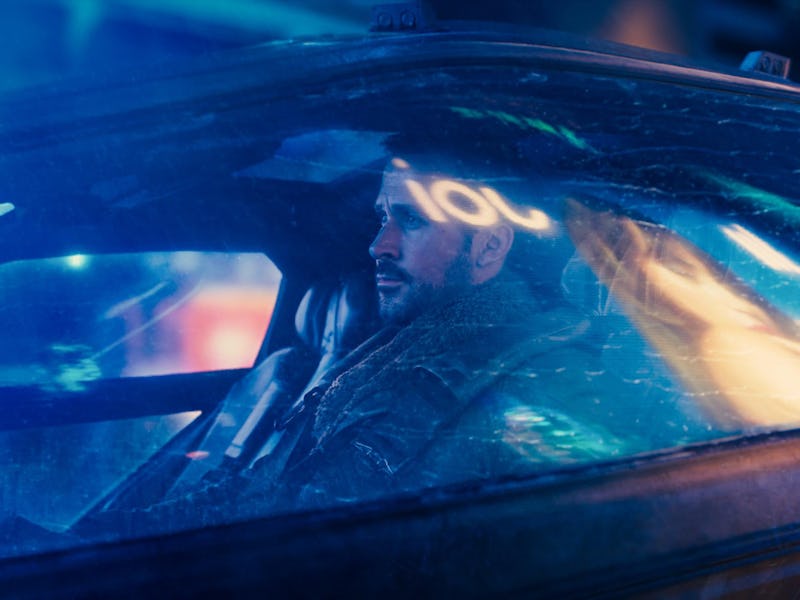After Blade Runner 2049, Denis Villeneuve is Done With Sequels to Sci-Fi Classics
Sometimes the things we love can hurt us.

Denis Villeneuve isn’t afraid to adapt the unadaptable. On paper, his films shouldn’t work as blockbusters. And while not all of them have succeeded at the box office, Villeneuve has gained a cult following for his elegiac, technically flawless stories. His adaptation of Frank Herbert’s seminal sci-fi novel, Dune, is the prime example of a tribute done right, and the same can be said for Villeneuve’s last big project, Blade Runner 2049.
As a sequel to Blade Runner, Ridley Scott’s iconic ‘80s sci-fi noir, 2049 might be the platonic ideal of a follow-up. It’s aesthetically faithful to a fault, translating the imagery of Scott’s harsh dystopian world into modern media. Though Villeneuve has demonstrated a lot of restraint in other films, 2049 feels even more subdued in its tonal ambitions. It felt like Villeneuve was practically channeling Scott, a choice that earned him a lot of goodwill among protective fans.
To those fans, 2049 is exactly what a “legasequel” should be. It builds on the original’s themes of free will and artificial intelligence, and expands the world where it counts, but it rarely disturbs Scott’s vision. Looking back on the effort now, Villeneuve calls 2049 one of his most difficult efforts, partially because he wanted to craft a “love letter” to Blade Runner. From the outside looking in, it certainly paid off, but the Dune director seems to regret approaching such a specific property in the first place.
Villeneuve with Ryan Gosling on the set of Blade Runner 2049.
Speaking to The Hollywood Reporter to promote Dune: Part Two, Villeneuve confessed he was never able to escape the shadow of the original Blade Runner, nor did he want to: “Ridley Scott is one of my favorite filmmakers,” he told THR. “Even though he had given his blessing, it was very important for me to hear it and see it in his eyes that he was okay with me doing the movie at the time.”
After gaining approval from Scott, Villeneuve wanted to honor his trust, and so he labored to make as faithful a sequel as possible. “I was constantly thinking about the original film as I was making Blade Runner 2049. It was impossible not to,” he said. “2049 was really a love letter to the first film, but it was by far one of the most difficult projects I’ve ever done, and I don’t think I will ever approach someone else’s universe again.”
After 2049, Denis Villeneuve is done playing in established universes.
Notably, Villeneuve is hard at work on a handful of adaptations. Not only does he have tentative plans to complete the Dune trilogy, but he’s also working on an adaptation of Arthur C. Clarke’s sci-fi novel Rendezvous With Rama. He also hopes to make a film about Cleopatra, whose life has been adapted time and again by several notable directors. But there’s a difference between crafting an original take on an established intellectual property and telling a new story in an established sandbox. The Dune films exemplify the former, while Blade Runner 2049 falls into the latter camp.
It’s hard to say how much of his personal vision Villeneuve sacrificed for 2049, but it was apparently enough to keep him up at night, even seven years later. “I still wake up sometimes at night, saying, ‘Why did I do that?’” the director told THR. At the time, it was apparently worth the risk, but in hindsight it seems the project was a bit too much for Villeneuve.
That said, it’s unlikely anyone is hoping for another legasequel from the filmmaker. With Arrival, 2049, and Dune, Villeneuve has established himself as a singular voice in sci-fi. The genre needs more standalone franchises, and the director is one of a few producing them in earnest.